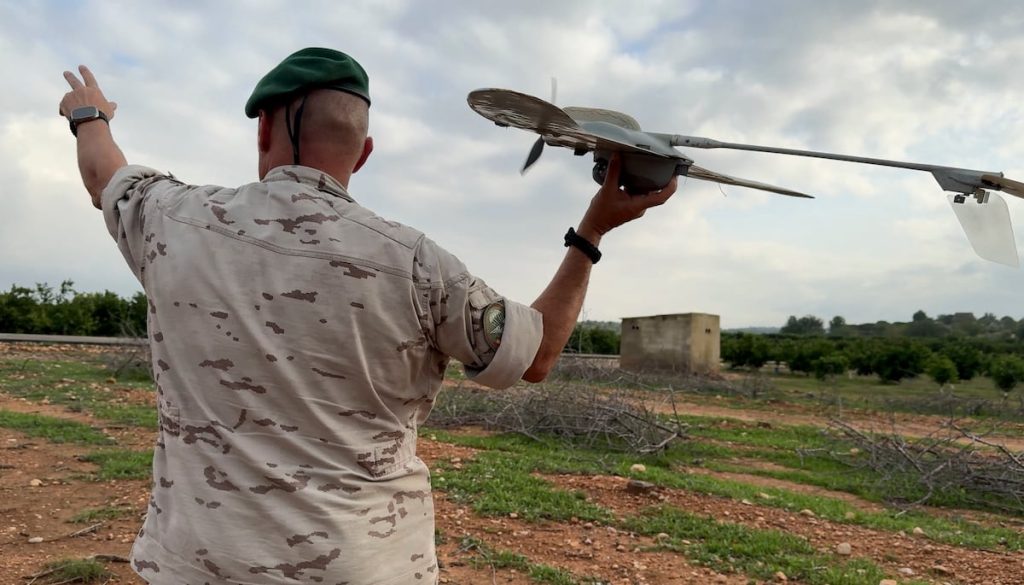Drones have become a great ally for security forces in emergencies following the recent storm in Spain on October 29th. The Integrated Operational Coordination Center (Cecopi), which manages emergencies in the province of Valencia, has banned private drone flights in the affected area. Drones provide a bird’s-eye view of the situation in real-time and are essential for monitoring and coordinating emergency response efforts. Experts highlight the importance of drones as they provide valuable information and visual inspection of affected areas.
In response to the flooding in Valencia, a large number of firefighters, military personnel, police officers, and specialized units have been deployed to assist in rescue and relief operations. Drones are being used in the search for possible victims, especially in areas like the river Magro, the Rambla del Poyo, the Túria river mouth, and the L’Albufera natural park. Drones have proven to be effective in surveying flooded areas and conducting visual inspections, particularly in hard-to-reach locations such as submerged parking garages.
During emergency situations, airspace restrictions are imposed to ensure coordination and safety. Drones need to be authorized by the emergency command center to operate in restricted airspace, alongside helicopters, aircraft, and other manned aviation. Integration of drones into various law enforcement and emergency response agencies has become common practice, and coordination between manned and unmanned aircraft is crucial to prevent collisions and disruptions in operations.
Civilian participation with private drones in emergency operations is subject to strict regulations and approval processes. Individuals must declare their intention to participate in emergency operations and obtain clearance from aviation authorities. In Valencia, a decree issued in 2017 establishes procedures for civilians to assist with drones, and their involvement is coordinated by the agency responsible for emergency response. Safety measures and protocols ensure that operations involving drones are conducted effectively and without interference with ongoing rescue efforts.
In the case of the volcanic eruption on La Palma in September 2021, restricted airspace was established to limit access to authorized personnel, including security forces, emergency services, and approved drones. Commercial aviation was not affected by these restrictions, demonstrating the importance of clear regulations and coordination during emergency situations. The development of drone technology in Spain has progressed significantly in the past decade, enhancing operational safety and performance in various emergency scenarios.
Despite the advancements in drone technology and their proven benefits in emergency response, public awareness and understanding of their capabilities remain limited. Drones have become essential tools for surveillance, reconnaissance, and assessment in emergencies, providing critical information to aid decision-making and response efforts. Continuous improvements in drone capabilities and regulations ensure their effective integration into emergency operations, underscoring their importance as valuable assets for security and disaster response agencies.


